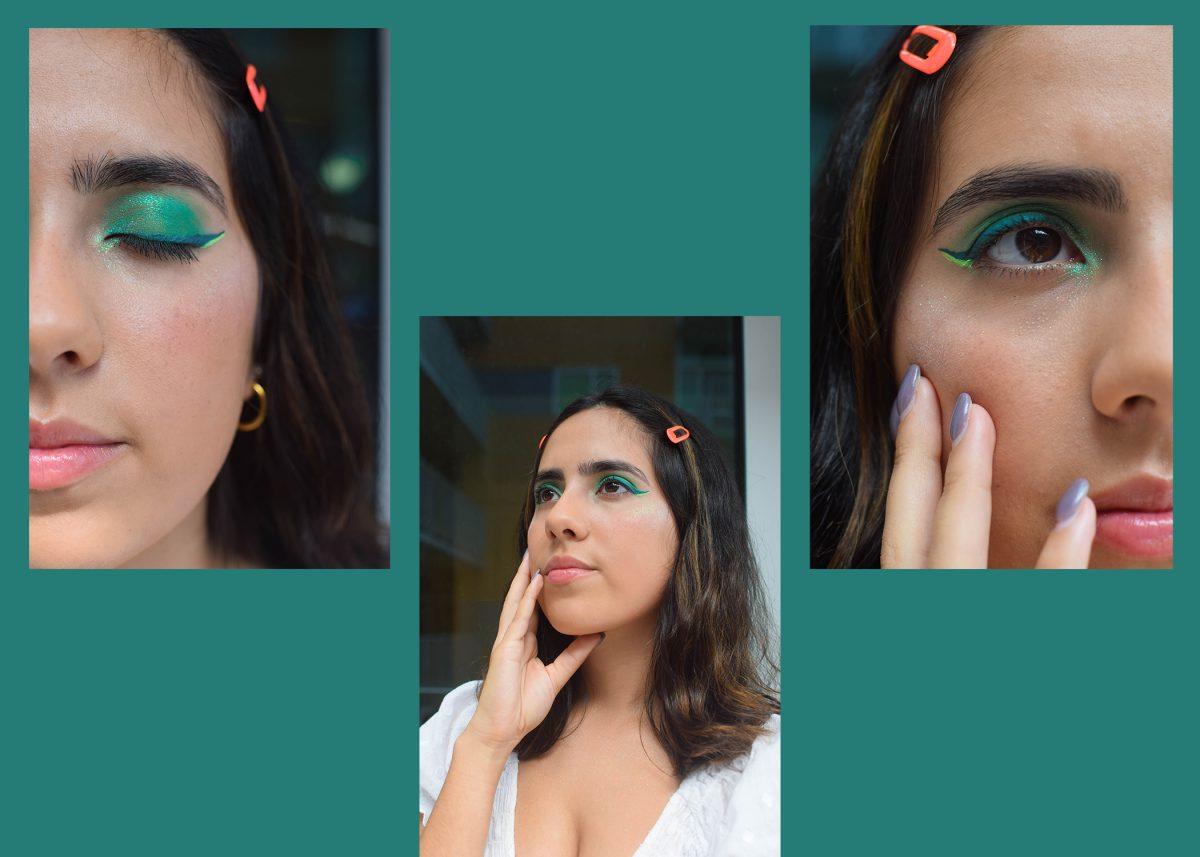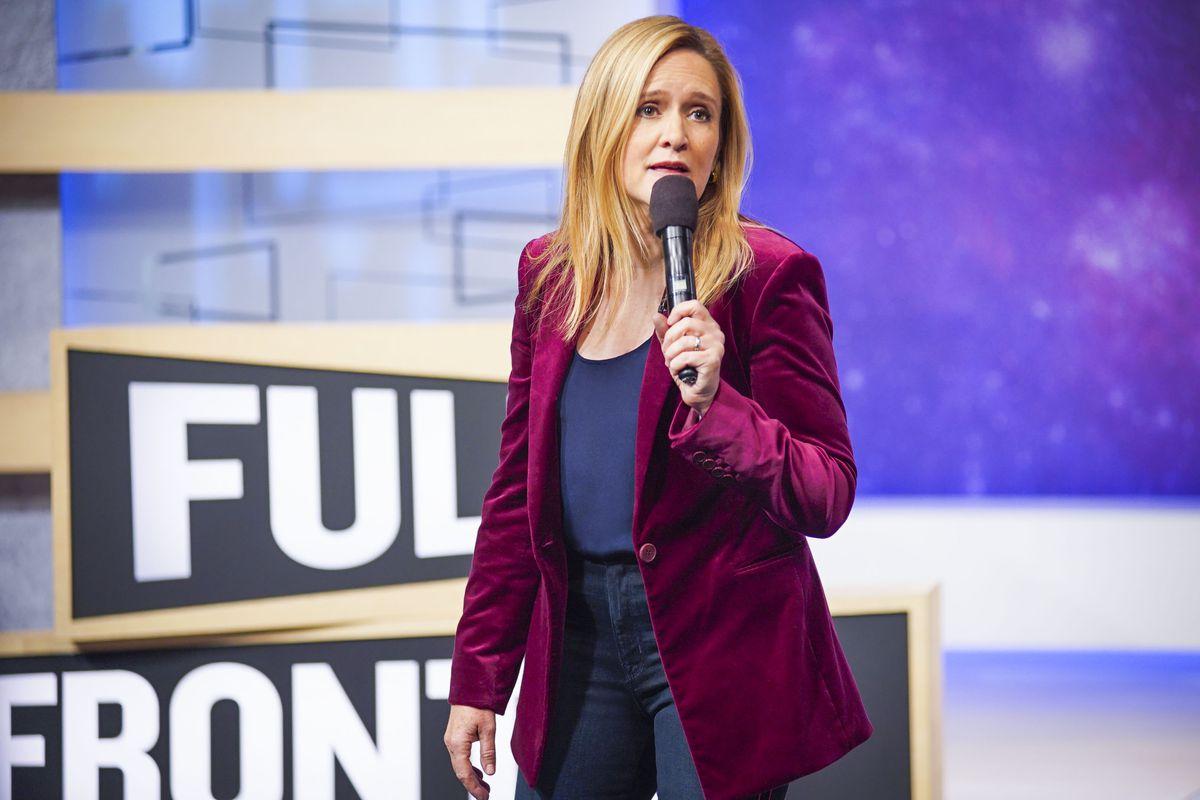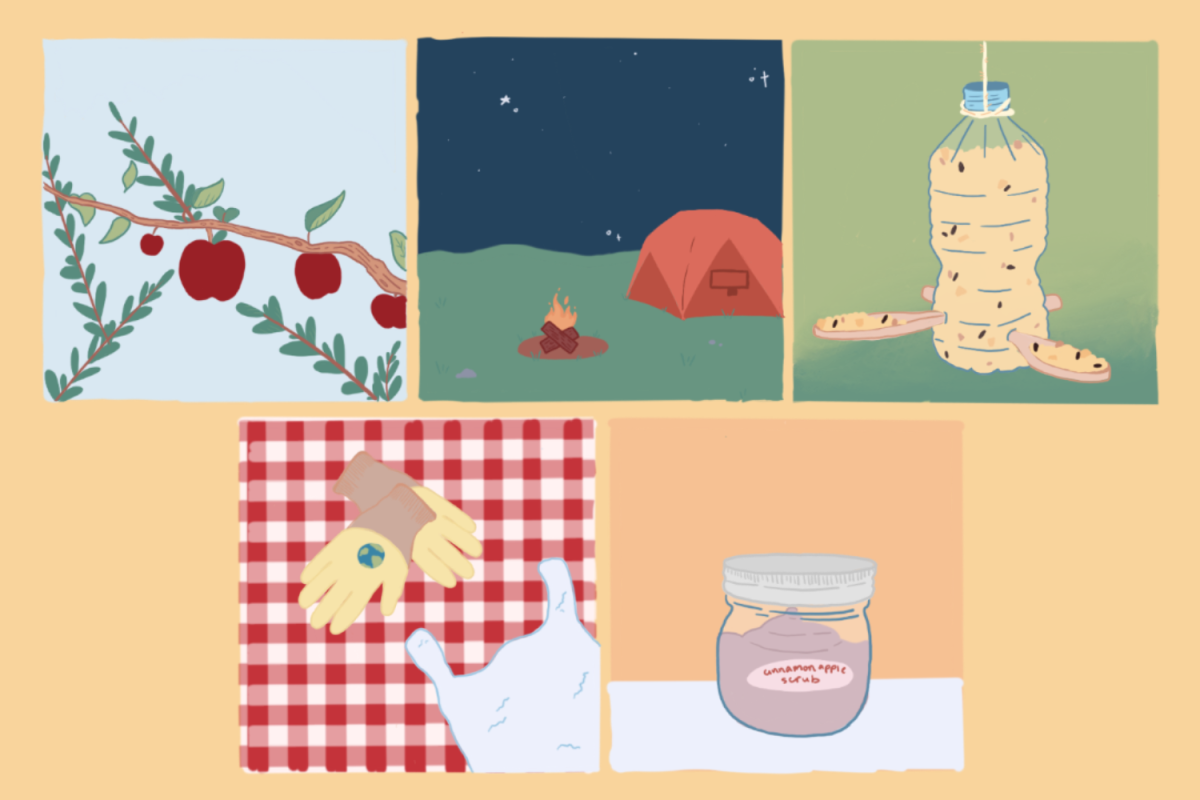By Bri Thomas
Clad in Star Wars costumes and Super Mario Bros. tees, comic-lovers and gamers gathered together Oct. 25-28 for Comic-Con 2012. Held in the Austin Convention Center, the event hosted its famed cosplay competitions and celebrity panels featuring stars like Lou Ferrigno and cast members from AMC’s The Walking Dead. Numerous fan communities came out for the occasion too to support the gaming culture and spread awareness of their organizations.
Two groups in particular were there to target women since the gender is sometimes looked over when it comes to violent video gaming or bloody comic books. Anomaly, a podcast, is definitely against this stigma, serving as a place “where female and fandom converge.”
“I’d say there are absolutely more benefits as a woman in this kind of thing,” says a spokesperson for the podcast. “We’re given leeway. We can do what the boys do, stop and talk about what so-and-so was wearing, then go right back onto talking about the plot of the movie.”
Anomaly, which was started in Austin five years ago, is made up of about ten women. Covering sci-fi, fantasy, film and geek culture overall, the podcast is available on iTunes and Stitcher Radio.
“I’ll come in and give my two cents on costumes because I’m Costume Jen,” the spokesperson says. “They’ll call me in if they want to know what was up with that thing she was wearing. We have fun, so I think that leads to more listeners.”
During this year’s Comic-Con in particular, Anomaly hoped to get more people to know about the podcast and comic culture in general while still having a fun time at the convention.
“This year’s panels — all fantastic. None were just ‘meh’ or no good at all,” Anomaly’s spokesperson says. “They’re really doing a bang-up job and seeing us and buying t-shirts is awesome, but coming to find out insider details from the panels…When you get right down to it, that’s why we’re here.”
Alissa Butzow’s opinion of being a female at Comic-Con is a bit different. As the state manager of The D20 Girls Project, she came out to network for her club and get a better overall name out there for women, as they assist in event services, product demonstrations, voiceovers and game meet-ups.
“It’s a two-sided coin,” Butzow says. “Either people will write us off as promoting for attention. or they’ll look at our cause and idea and brand and really like us. For us, we’re trying to show how women of all shapes, sizes, colors and ages can love gaming, comics and sci-fi.”
Butzow is passionate in particular when it comes to women being sexualized in gaming. At an Xbox convention a few years ago, a female gamer’s breasts were videoed and featured, rather than her face. Over this past summer, a writer accused actress Felicia Day of not really being a gamer girl.
“Have you seen The Guild? Have you seen her sci-fi work? What are you doing?” Butzow says. “It’s not okay to label a girl based on how much they know or don’t about this culture. To me, we’re all people, so we should have same chances since everyone has different knowledge of this culture.”











































